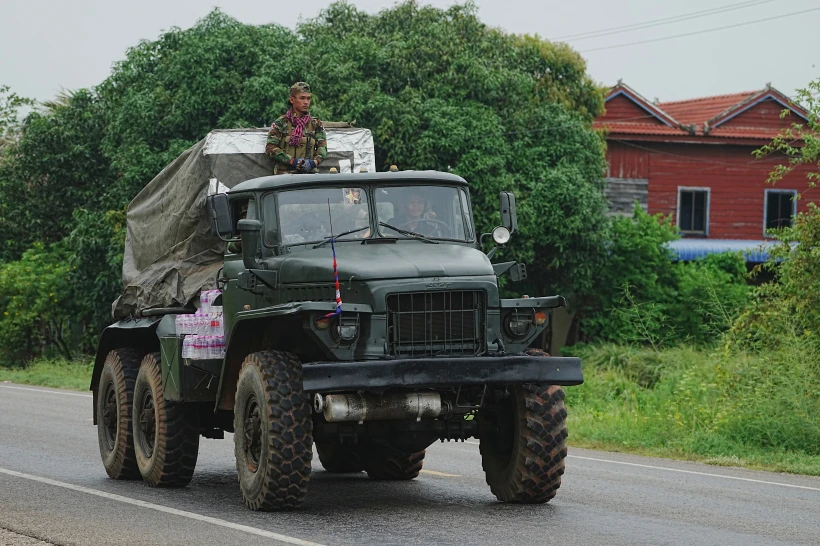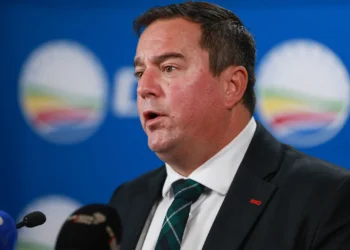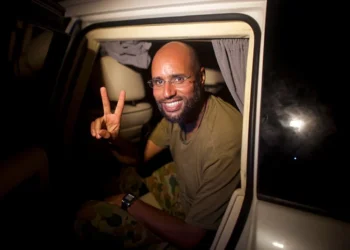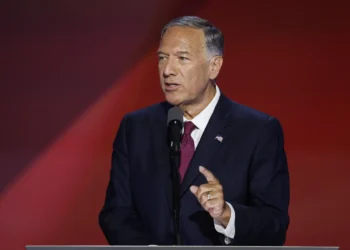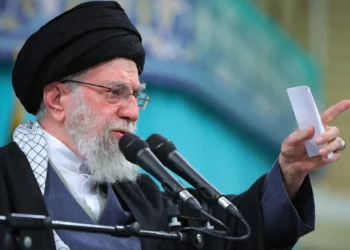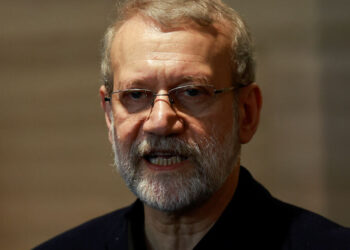BANGKOK (Realist English). Thailand and Cambodia signaled readiness on Sunday to begin ceasefire negotiations following mediation by U.S. President Donald Trump, amid intensifying clashes along their disputed border that have already left 33 people dead and forced more than 168,000 to flee.
In a post on Truth Social, Trump revealed he had spoken with Cambodian Prime Minister Hun Manet and Thailand’s acting leader Phumtham Wechayachai, warning that the U.S. could suspend trade agreements with both countries if hostilities continued. Hours later, Trump announced that both sides had agreed to engage in direct talks to halt the fighting.
Hun Manet confirmed Cambodia’s commitment to an “immediate and unconditional ceasefire,” stating that Thailand had pledged to reciprocate following Trump’s intervention. “This is positive news for the soldiers and people of both countries,” he said in an official statement.
He added that Foreign Minister Prak Sokhonn would coordinate next steps with U.S. Secretary of State Marco Rubio and Thailand’s foreign ministry.
Thailand responded cautiously, expressing agreement “in principle” to a ceasefire. According to the Thai Foreign Ministry, Phumtham emphasized the importance of Cambodia demonstrating “sincere intention” and called for rapid bilateral talks to outline concrete peace steps.
The violence erupted Thursday after a landmine explosion wounded five Thai soldiers. Both sides blamed each other for initiating the clashes. Ambassadors were recalled, and Thailand closed several crossings along the shared frontier.
Despite the diplomatic breakthrough, fighting continued on Sunday in several contested zones. Thai military spokesperson Col. Richa Suksowanont accused Cambodian forces of opening fire into Thai territory, targeting civilian areas and historic sites such as the Ta Muen Thom temple. Thai troops responded with long-range artillery, he said.
Richa noted that Trump’s mediation was “a separate matter,” adding that battlefield operations would continue unless Cambodia formally initiated ceasefire talks.
Cambodia’s Defense Ministry countered by accusing Thai forces of escalating the violence and using cluster munitions — weapons prohibited under international conventions. Ministry spokesperson Lt. Gen. Maly Socheata claimed Thai troops were responsible for indiscriminate shelling and civilian casualties.
Thailand reported 20 fatalities, mostly civilians, while Cambodia confirmed 13 deaths. Evacuation efforts are underway, with over 131,000 displaced in Thailand and 37,000 in Cambodia. Many border villages are abandoned; schools and clinics have been shuttered.
The U.N. Security Council has called on the Association of Southeast Asian Nations (ASEAN) to facilitate negotiations. Human Rights Watch condemned the alleged use of banned munitions in civilian areas and urged both governments to prioritize civilian protection.
The 800-kilometer border between Thailand and Cambodia has long been a point of contention. While past incidents have remained limited in scope, recent tensions escalated in May when a Cambodian soldier was killed in a skirmish that reignited nationalist rhetoric and strained diplomatic ties.


